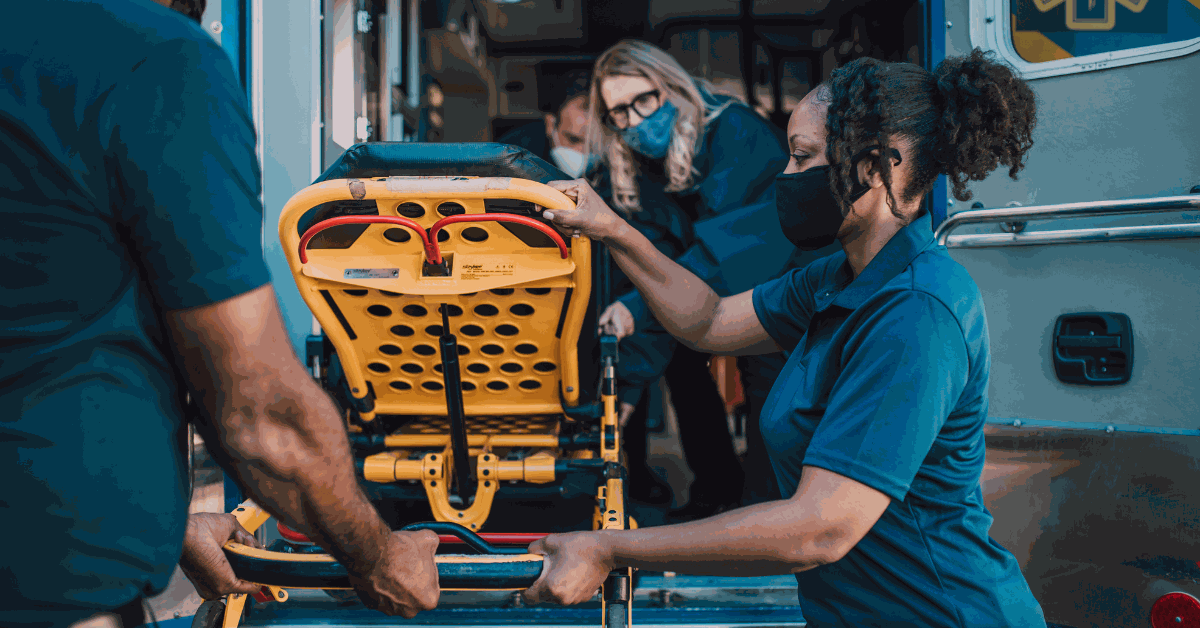Formulating the most advantageous approach to litigation necessitates having better data and superior insights to realize the best possible outcomes. Yet, the pressures of deadlines, time, opposing counsel, inexperienced witnesses, unique cases, stakeholder demands, and high-stakes outcomes, among other concerns, can create incredible stress and uncertainty.
Litigation research from Courtroom Sciences can help defense attorneys assess their cases early and maximize settlement and verdict outcomes with focus groups, mock trials, and jury consulting services from our staff of litigation consulting experts.
What are the two types of litigation research?
The two different types of litigation and trial research are exploratory and confirmatory. Exploratory research generally consists of focus groups that aim to explore jurors’ thoughts, beliefs, and attitudes about a case in the moment. Confirmatory research typically involves a mock trial. In this instance, the objective is to predict what could happen at trial through rigorous scientific methodology and simulating the courtroom environment as much as possible. In a mock trial, often, the goal is to figure out how you will lose the case in order to make adjustments before trial.
Litigation Research Delivers Financial Value
In the end, being proactive is not only strategically more advantageous but is also economically more pragmatic. Plaintiff attorneys, particularly those who utilize reptile theory, understand that companies don’t want to spend money; they want to save money. They take advantage of this desire for a more reactive approach and the inclination to try to save money in litigation expenses. However, when the opposition is proactive and the defense is reactive, it may result in excess costs brought on by improper, imprudent, or even non-existent planning. Instead of trying to minimize litigation costs, it is more financially beneficial to invest in cost-effective litigation research services like focus groups and mock trials. These research projects can help identify which witnesses, experts, themes, and evidence resonate with the jury, ultimately reducing overall costs and improving outcomes.
Conducting litigation research early on can reduce litigation costs and increase the chances of favorable verdicts and more reasonable settlements. This research can guide future discovery, help develop discovery strategies, and determine which witnesses, experts, and evidence are necessary for the actual trial. This proactive approach is an essential step in securing superior outcomes. It makes thorough litigation research a financially justifiable cost as it can reduce a company’s overall litigation expense.
Litigation Research Provides Reputational Value
Litigation can impose substantial risks and costs on the participants and impact an organization’s brand and reputation. The tangible and intangible costs associated with losing repetitional value for an organization could be devastating. When an organization’s reputation is damaged, it can erode customer trust and may lead to financial losses and even the future viability of some smaller businesses.
Early litigation research is invaluable in allowing defense attorneys to handle a particular case in the most advantageous way possible. Producing valuable data that can be critical for driving settlement and trial strategy decisions, litigation research can work to minimize the risk of both tangible and intangible costs to the participants involved.
Litigation Research Has the Potential to Shorten the Length of Litigation
Reliance on hunches, intuition, or guessing generally produces wildly inaccurate estimations and may lead to poor decision-making and lengthy litigation timelines. Without proper litigation research, it may be difficult to accurately evaluate a case or identify early mediation or settlement discussion opportunities. Additionally, as the litigation continues, if a company has taken that poor advice, it may get too far down the road to be in a position to correct things.
To shorten the length of litigation, defense attorneys and clients need accurate litigation research, including scientifically-valid research and data collection, that can assist them in driving critical settlement negotiations and trial strategy decisions that can result in better financial outcomes.
At Courtroom Sciences, our goal, just like yours, is to minimize litigation costs and settlement amounts. Our Ph.D.-level litigation research and psychology professionals deliver the most predictive litigation research, generating scientifically valid estimates of liability and damages to help derive settlement strategies and trial decisions and deliver the best outcomes.
Learn how Courtroom Sciences’ litigation research experts can aid your next case.
Be confident in achieving superior litigation outcomes. CSI has the expertise, track record, and capabilities to help you win.



